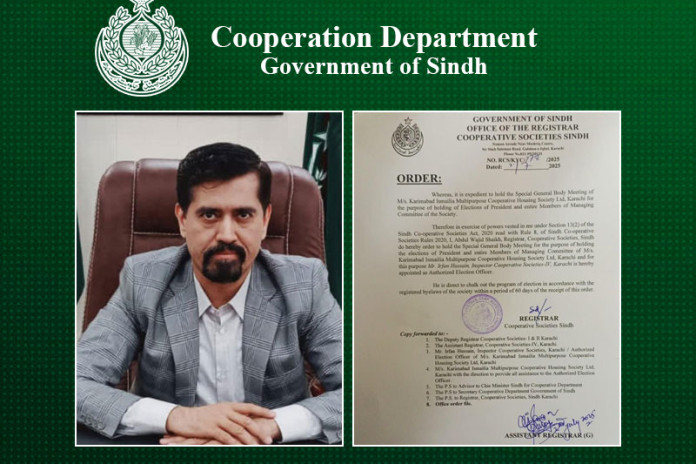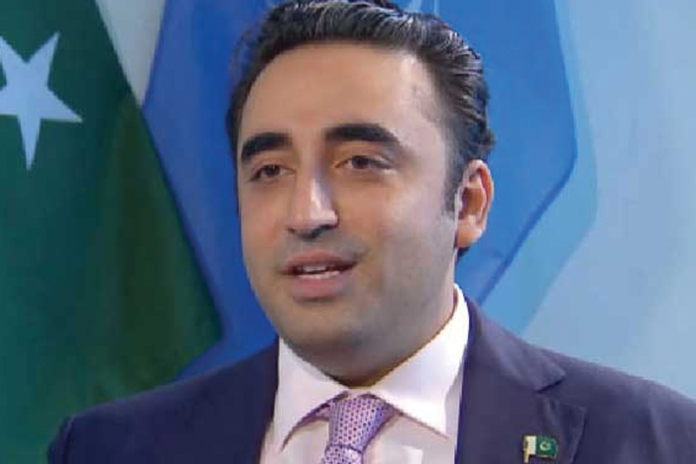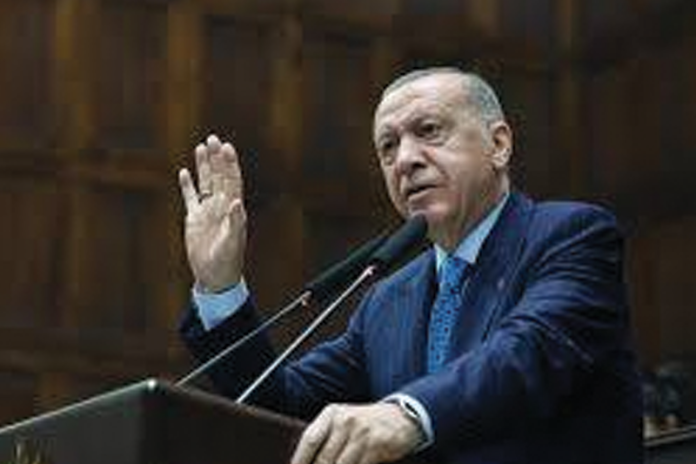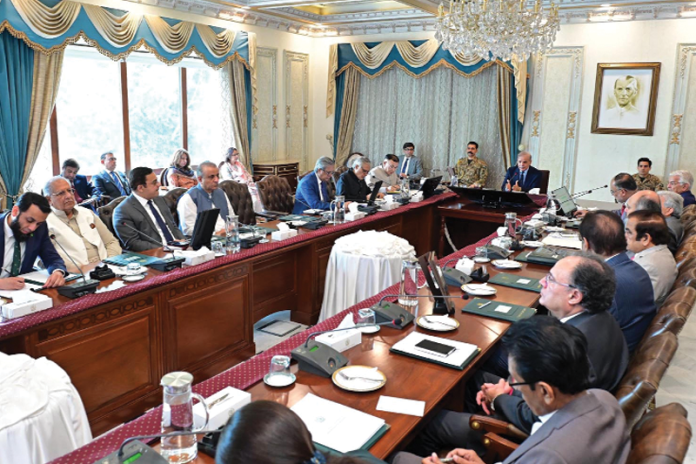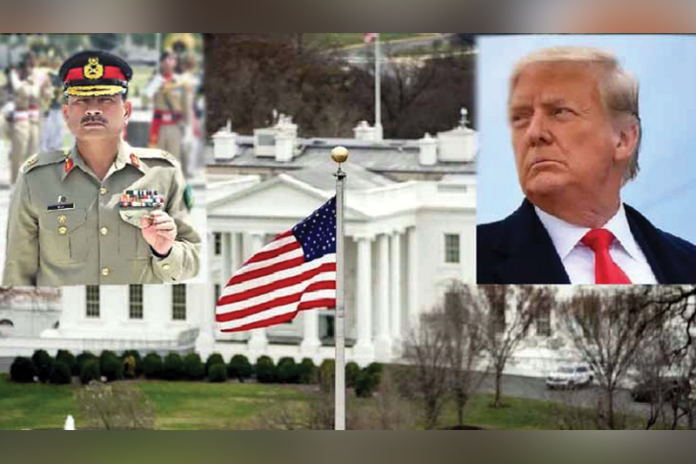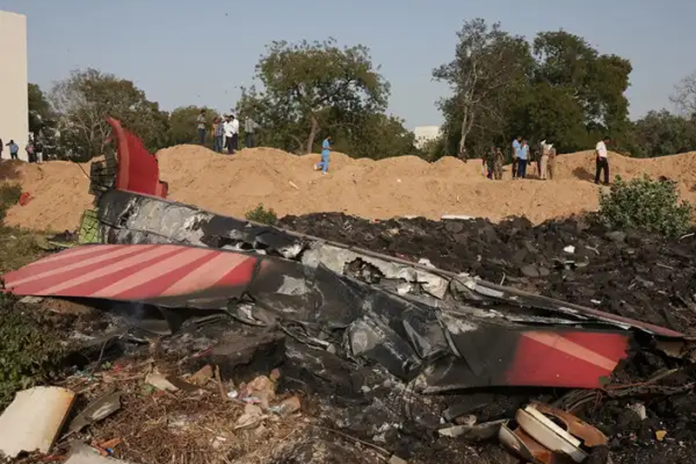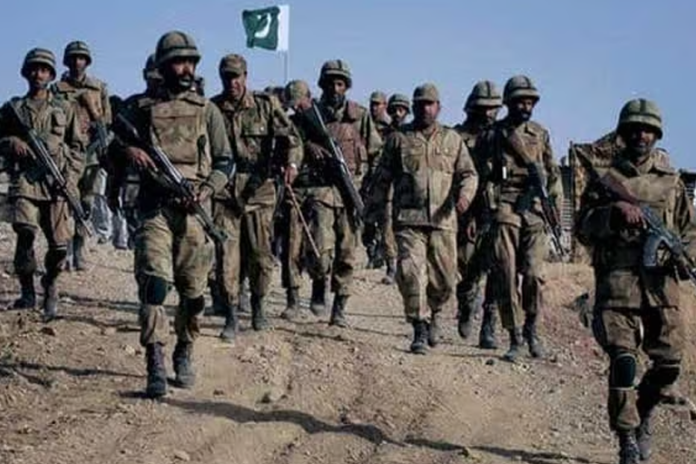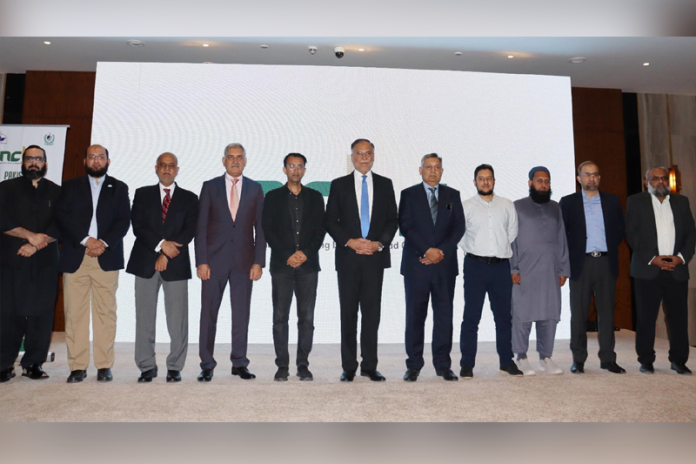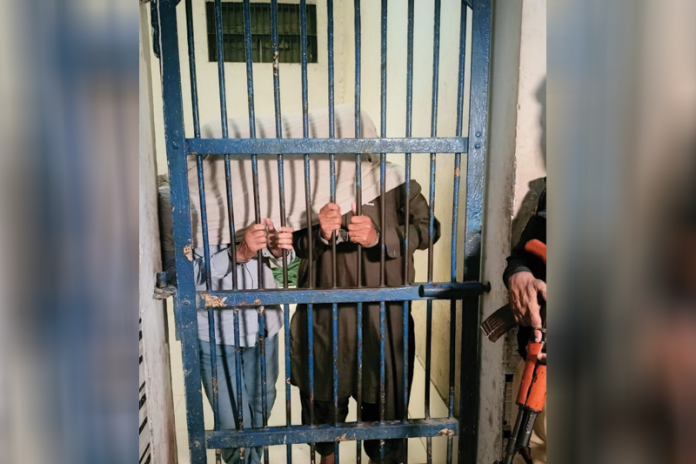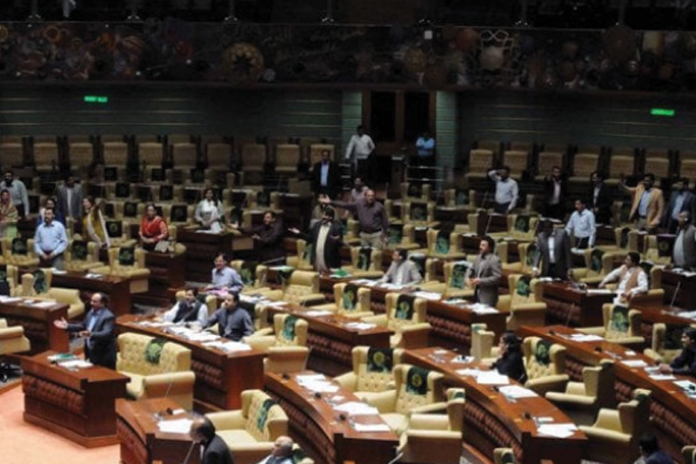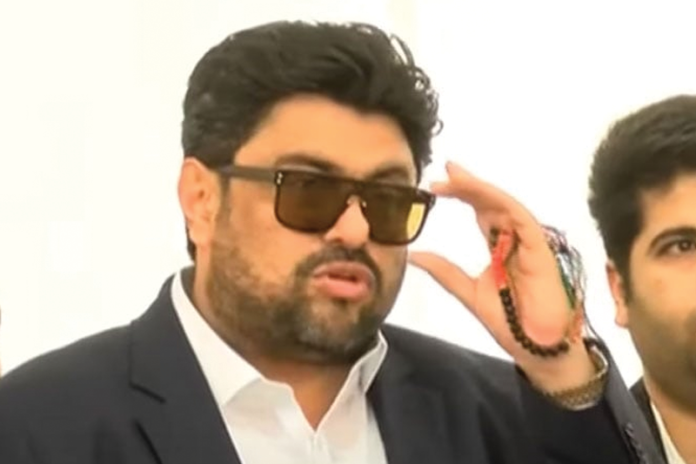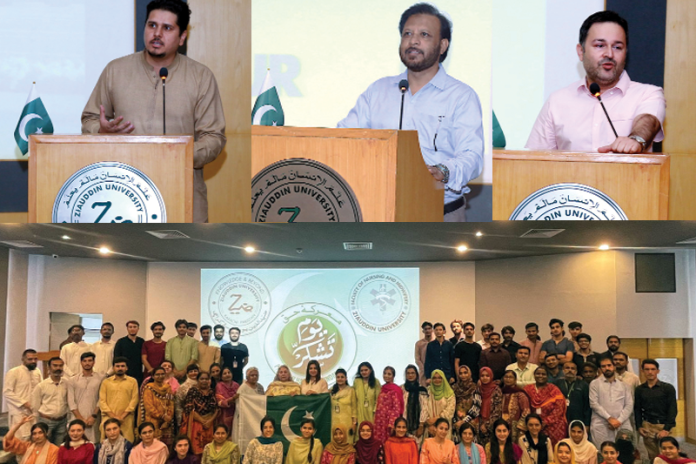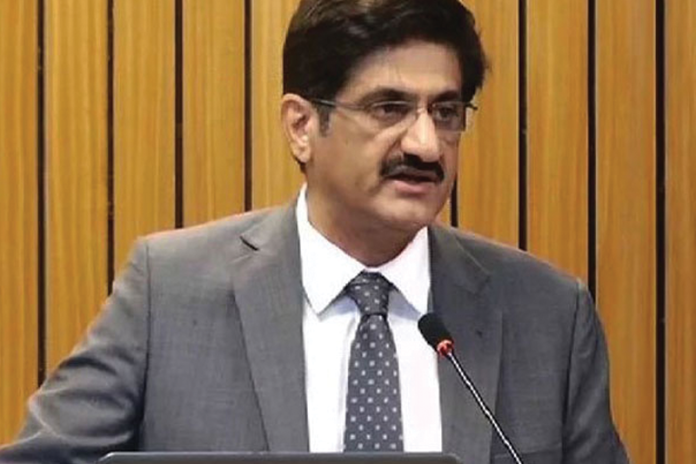IMF calls for strict tax on captive power plants
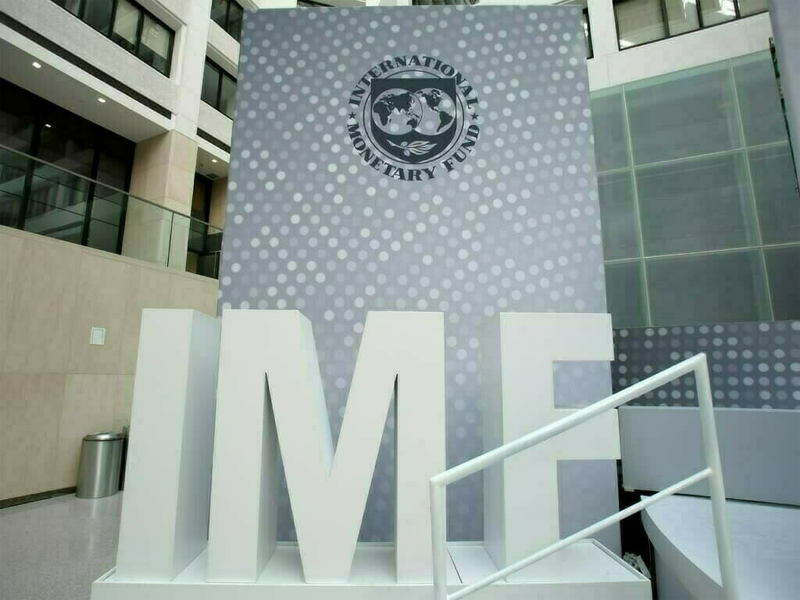
- 176
- 0
ISLAMABAD: The International Monetary Fund (IMF) has insisted on a substantial levy on gas supply to industrial captive power plants (CPPs) as part of its ongoing conditions for Pakistan's $7 billion Extended Fund Facility (EFF).
This request is aimed at removing any cost advantage for CPPs over electricity generated from the national grid. Under the EFF agreement signed in September 2024, Pakistan committed to cutting off gas supplies to CPPs by the end of January 2025, a structural benchmark required for disbursing the second tranche of $1 billion in March 2025. Both the Pakistani government and the IMF are set to review progress in February 2025. The petroleum division, under pressure from the industrial sector and gas companies, including Sui Northern Gas Pipelines Limited, has been lobbying for a reversal of this commitment. The division argues that discontinuing gas supply to CPPs could lead to a surplus of LNG in the system, causing significant losses across the LNG supply chain, from imports to consumers. However, industrial units, especially in textile exports, warn that gas disconnections would severely hamper their competitiveness. Pakistan attempted to convince the IMF to modify the benchmark, citing challenges in grid stability and electricity supply. However, the IMF remained firm and suggested imposing a levy of Rs1,700-1,800 per unit of gas on CPPs, in addition to the prevailing LNG price. This would increase the cost of gas for CPPs to approximately Rs5,000 per unit, up from around Rs2,800-3,200 per unit, depending on global oil prices.
The levy proposal has been met with resistance from industrial consumers, who argue that they may resort to alternative fuels such as coal or old tires instead. A finance ministry official confirmed that the IMF's structural benchmark remains unchanged. While the exact amount of the levy has not been specified, the IMF's objective is to eliminate any advantage that CPPs currently have over the national grid, particularly when power supply issues exist. In response, the finance ministry committed to increasing gas prices for CPPs and pushing those with access to reliable electricity grids to transition by the end of 2025. The petroleum ministry has criticized the caretaker government for signing agreements that would force the closure of gas supplies to industrial CPPs, arguing that such decisions go against national interests and economic stability. The gas sector claims that disconnecting CPPs could lead to defaults by Pakistan State Oil (PSO) and two major gas companies, SNGPL and SSGCL, which collectively face an estimated loss of over Rs400 billion annually. The situation stems from a long-standing commitment to LNG infrastructure, which was initially developed with the understanding that RLNG would be supplied to "must-run" power plants. However, over time, these agreements have been diluted, leading to significant financial challenges for the gas sector, including the inability of gas companies to meet their payment obligations to PSO.

